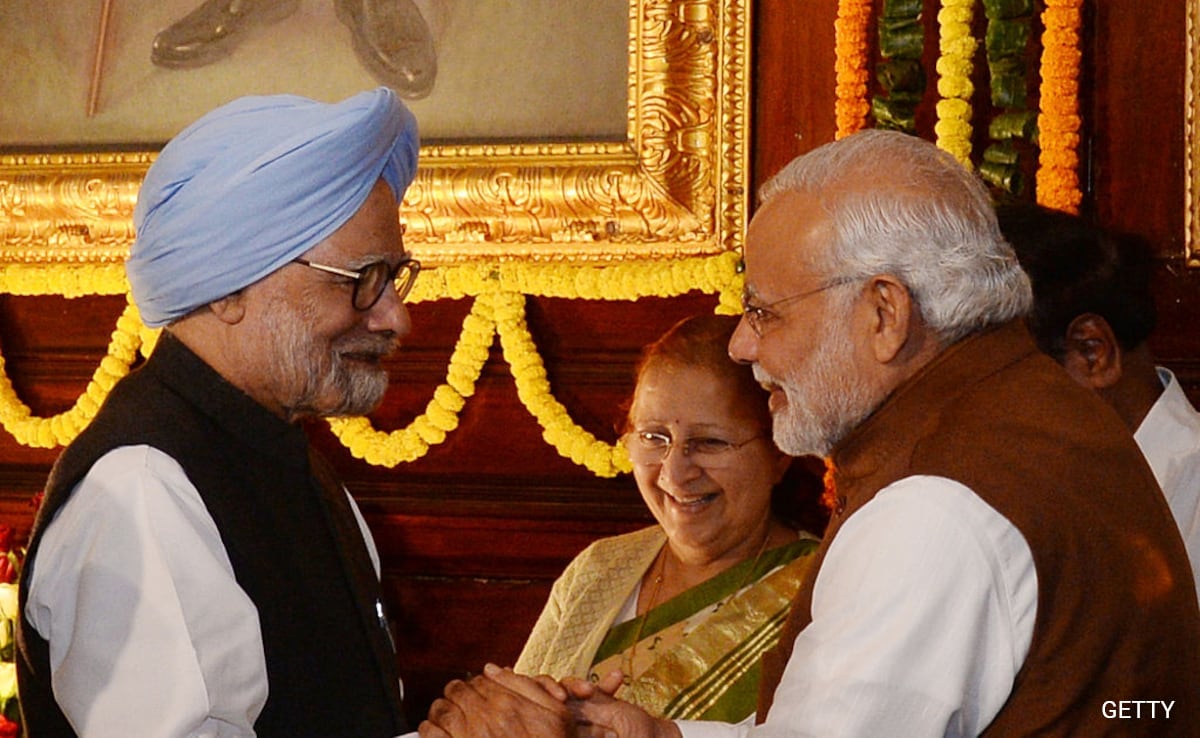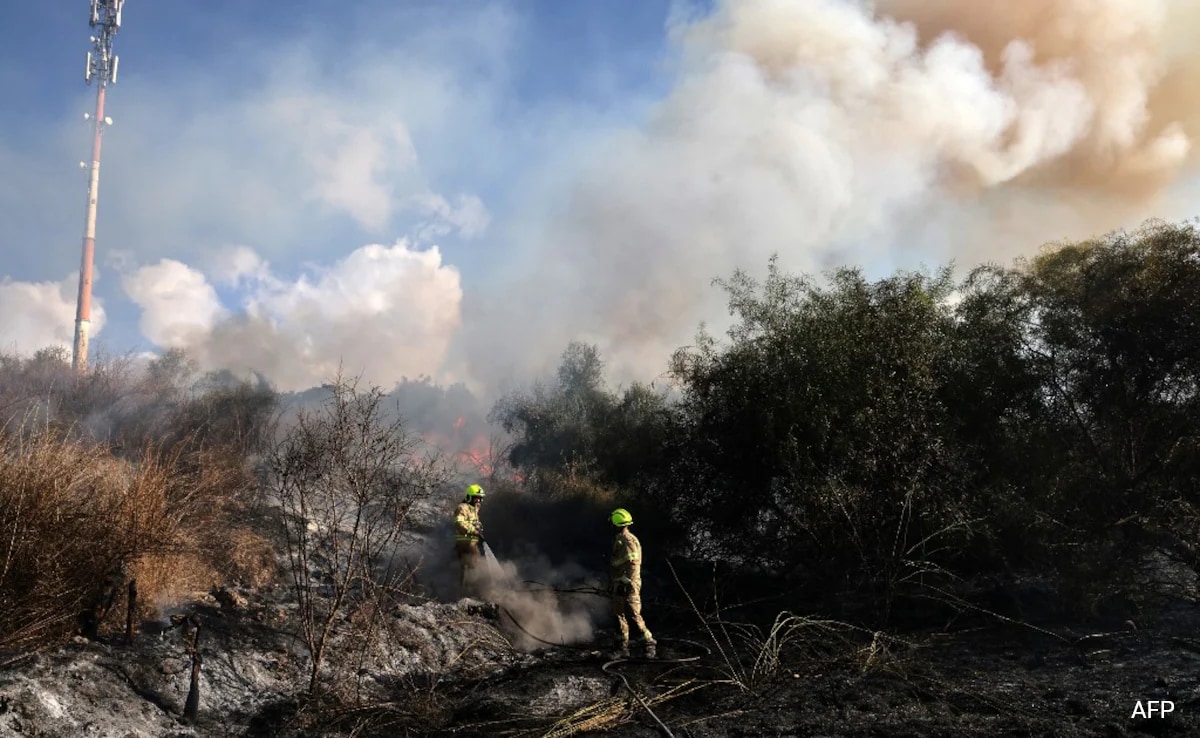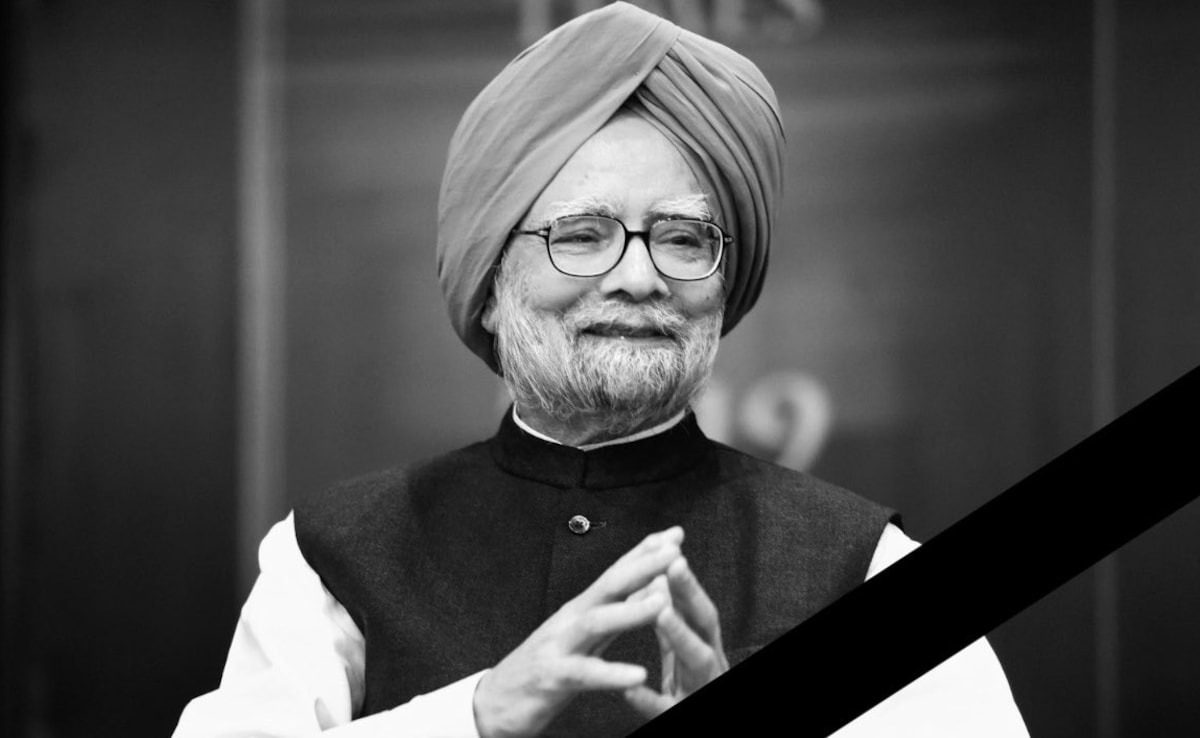Excel sheets, power-point presentations, targeted content sharing, survey reports, technology and endless data – these elements may have been missing from traditional election campaigns in India a couple of decades ago but today they drive the winning strategy with poll strategists assuming an important role in a shift from being backroom boys.
As India goes to polls, the stakes are higher than ever. It is said elections are fought on emotions and they are an art more than science, but the rise of poll strategists would suggest otherwise.
The poster boy of political consulting had emerged in the form of Prashant Kishor whose team advised the Narendra Modi-led BJP to a resounding win of 282 seats in the 2014 general elections.
Mr Kishor started Citizens for Accountable Governance (CAG) as a non-profit in 2013. Two years later, it was rechristened Indian Political Action Committee (I-PAC), which has since strategised and campaigned for candidates in several elections.
In 2014, it launched some of the marquee campaigns to build “brand Modi” like ‘Chai pe charcha’ (conversations over tea) and the Statue of Unity movement; it also implemented 3D hologram rallies in India for the first time with PM Modi while positioning him as Vikas Purush (man of progress).
Having worked with many parties in shaping their election campaigns, often successfully, before launching his ‘padyatra’ in Bihar with a stated goal to usher in transformative changes to boost the backward state’s development, Mr Kishor says he does not think he is doing anything drastically different.
“What I was advising political parties and their leaders earlier, I am now directly communicating to people, be the issues they should raise or building grassroots organisation,” he said during a recent interaction with Press Trust of India Editors.
Sunil Kanugolu, who played a crucial role in several BJP state campaigns, is now part of the Congress task force for 2024. He is credited with the Karnataka victory and the Bharat Jodo Yatra.
Partha Pratim Das got into consulting when as his final project at IIM-Bangalore, he advised Ajay Singh, who was contesting from Jewargi in Karnataka in 2013 for the assembly elections. Singh went on to defeat the sitting BJP MLA by 36,700 votes.
Mr Das founded political strategy firm Chanakyya in November 2013 along with Arindam Manna, and his team and he once again worked with Singh in 2018 to win the same seat.
“Social media was very new in 2009. Prior to that, voting patterns were as per family interests or trends. Previous politicians used to roam across – like LK Advani or Mulayam Singh Yadav. The new generation politicians are not as habitual to being on the ground.
“They are more tech savvy, mathematics has started to come into play…earlier surveys didn’t use to be at this level…now reversing or devising a strategy has become the need of the new generation politics,” Mr Das told news agency PTI.
“Political consultancy role is growing, people are ready to spend… Parties and candidates have realised that they cannot fight elections anymore… They need WhatsApp content, personalised content, social media posts… They cannot do it on their own. These days parties have in-house consultants too and at least 60 of the parties and candidates seek professional help,” he added.
Tushar Panchal, who founder “War room strategies” in 2016, however, says that political consulting is not a new domain and has been there since decades but earlier the job was done more secretly.
“For a longer period of time we did not like to come in front but we were backroom boys. It happened because of PK’s publicity. Earlier there used to be focus on maintaining secrecy and the strategists used to be behind the curtains but today everybody wants to ride the wagon which is going on full paced,” Mr Panchal told Press Trust of India.
“Earlier, it did not use to be as fancy and glamorous as it is today. We used to be part of an ad agency and there was no area defined as political strategy consulting. The work is not much different today but the tools have changed,” he added.
Mr Panchal explained that the consulting charges depends upon the areas the consultant or the agency is handling for the party or candidate.
“The industry is very fragmented. Pricing varies from client to client. We as a policy do not work with individual candidates but only political parties,” he said.
According to consultants, a political campaign is usually months in the making and every strategist has a different approach of creating one for their candidate.
“Generally, the strategists offer end-to-end services to a politician or a political party, and start work five to six months ahead of the elections.”
“They offer data services, which include poll-booth data of each constituency, historical data on how the seat has witnessed a shift in voting patterns as well as on-ground surveys to understand the concerns of the voters and then create a campaign and advise the politician and ground workers to implement the same,” said a spokesperson of a Gurugram-based political consulting firm.
Pradeep Gupta, chairman and managing director of Axis My India, however, termed political consultancy a new phenomenon.
“The loss and win in elections earlier was about the leaders… In the first elections, the leaders had come from the freedom movement, they were the experts, there was no need for them to learn as they have been fighting…and the reasons for winning and losing were fixed for next 15 years. Then there was legacy…raja ka beta raja banega (king’s son will become king)..that stayed for long.
“Hence, political consulting is a new phenomenon. Their role is to assist canidates and parties in what they do not know,” he told Press Trust of India.
Polling for the 543 Lok Sabha seats will be held in seven phases, starting with 102 in the first phase on April 19. The votes will be counted on June 4.














